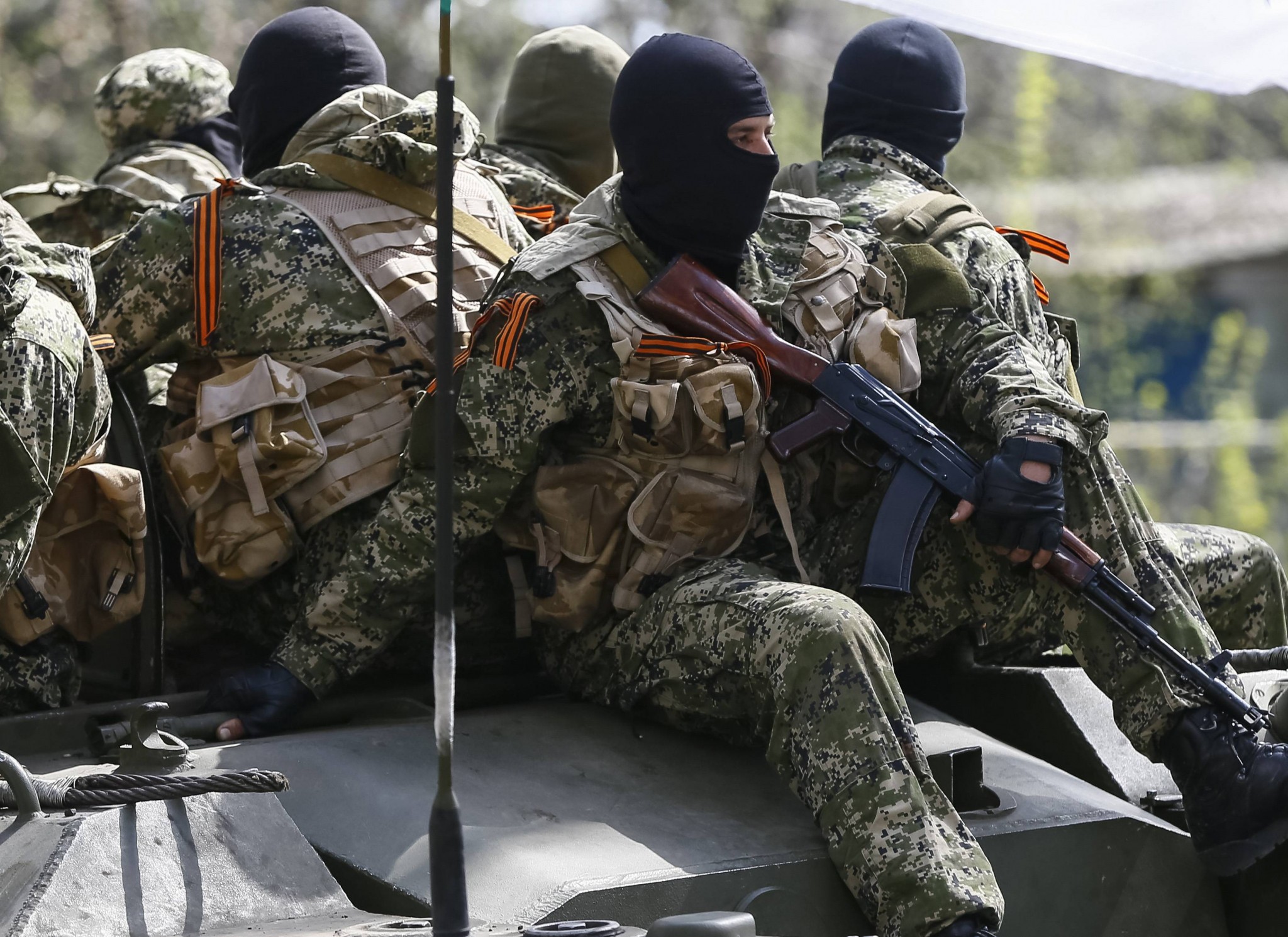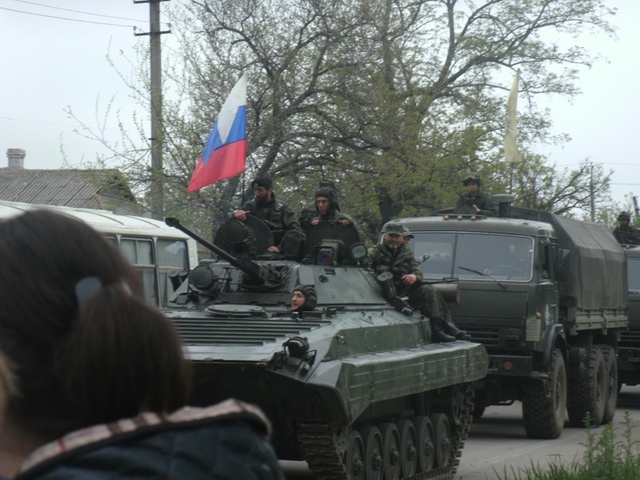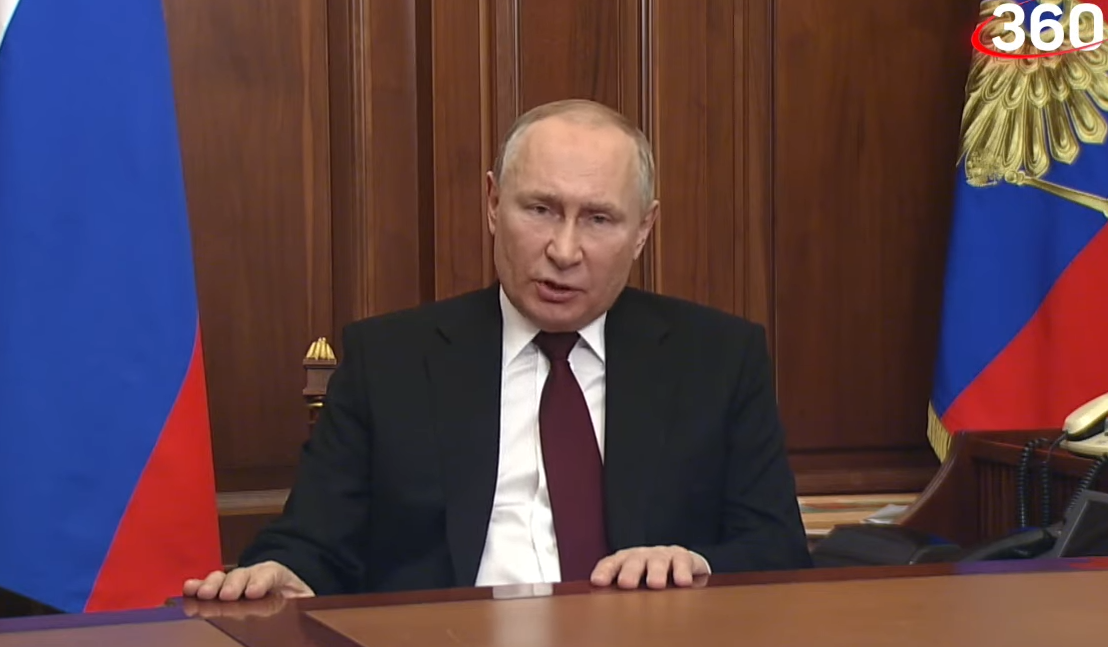Muslims from Russia’s Middle Volga region who went to fight for the “DNR” and “LNR” in Ukraine were motivated by their sense of belonging to the Russian world Vladimir Putin has talked so much about, according to Rais Suleymanov, editor of Musulmansky mir and someone long rumored to be close to Russia’s security agencies.
But in a preservation to the 12th Congress of Anthropologists and Ethnologists of Russia in Izhevsk this week, the often controversial specialist on Islam in Russia says that those Muslims who went defined the concept of “’the Russian world’” in two very different ways.
“For one group of Muslim volunteers,” Suleymanov says, “the ideology of ‘the Russian world’ was conceived as a return to a model of the Soviet Union, to be sure in a renewed format (the conception of ‘USSR 2.0’) and the war in the Donbas was seen as a struggle with fascism.” Thus, these Muslim volunteers had “Soviet ideological convictions.”
According to the speaker, “the second group of Muslim volunteers from the Middle Volga view ‘the Russian world’ as the reunification with Russia of territories populated by ethnic Rusisans, the ideal for whom is the Russian Empire, and the battle in the Donbas is seen as a Russian irredenta.”
Suleymanov says that “for the majority of Muslim volunteers from the Middle Volga is characteristic a double ethnic identity: while not denying their Tatar or Bashkir origin, they consider themselves [ethnic] Russians and such self-identification peacefully exists in their consciousness.”
Many of those who did choose to volunteer, however, chose to do so in order to escape from their everyday life and to change it, something that affected their own “self-assessment and gave rise to a sense of serving a noble goal and being useful,” he argues.
Intriguingly, Suleymanov says that “Muslim volunteers from the Middle Volga have not always remained Muslims. Some of them decide that their Russianness means they must become Orthodox or neo-paganist. Which of these they actually chose, he says, depended on what the Russian volunteers around them practiced.
The reason that they could change their religious affiliation, he argues, is “their own weak Muslim religiosity, the influence of their military comrades, and the emotional boost from participating in ‘the Russian spring.’” Nonetheless, Suleymanov acknowledges, many Tatar mercenaries have remained Muslim.
Some of them, he says, inscribed their weapons with the words “Allah is With US!” “In their understanding,” he argues, “the Muslims of Russia, fighting for Novorossiya are fighting for the interests of Russia where traditional Islam is triumphing over anti-Russian directions of radical tendencies of foreign Islam.”
Suleymanov’s argument is one that many in Moscow security community would find congenial, but the sample size for his conclusions was very small. Some Tatars and Bashkirs did in fact go to the Donbas to fight for Moscow’s agenda, but their number was too small to make sweeping conclusion about the attitudes of Muslims, Tatars, or anyone else.
Related:
- Russian diplomats Chisinau expelled reportedly recruited Gagauz to fight in Ukraine
- Russia hit problems recruiting for war in Donbas, Tymchuk says
- Ethnic Russians converting to radical Islam and recruited to ISIS in Russian prisons, Silantyev says
- Moscow planning to send 60,000 Muslim troops to Syria, Saudi newspaper says
- Imaginary “terrorists” with no terror acts: Russia’s collective punishment of Crimean Muslims






